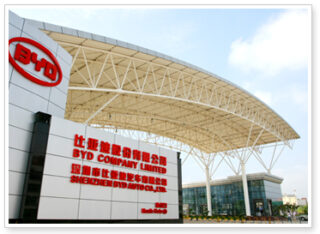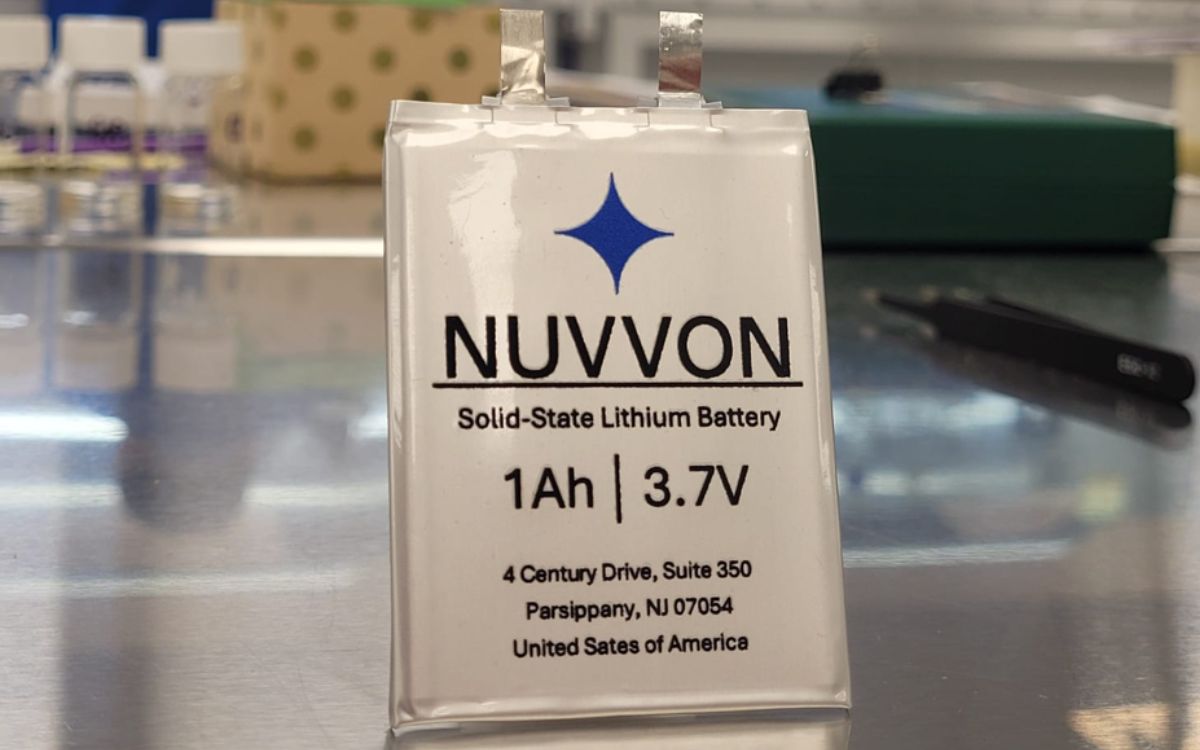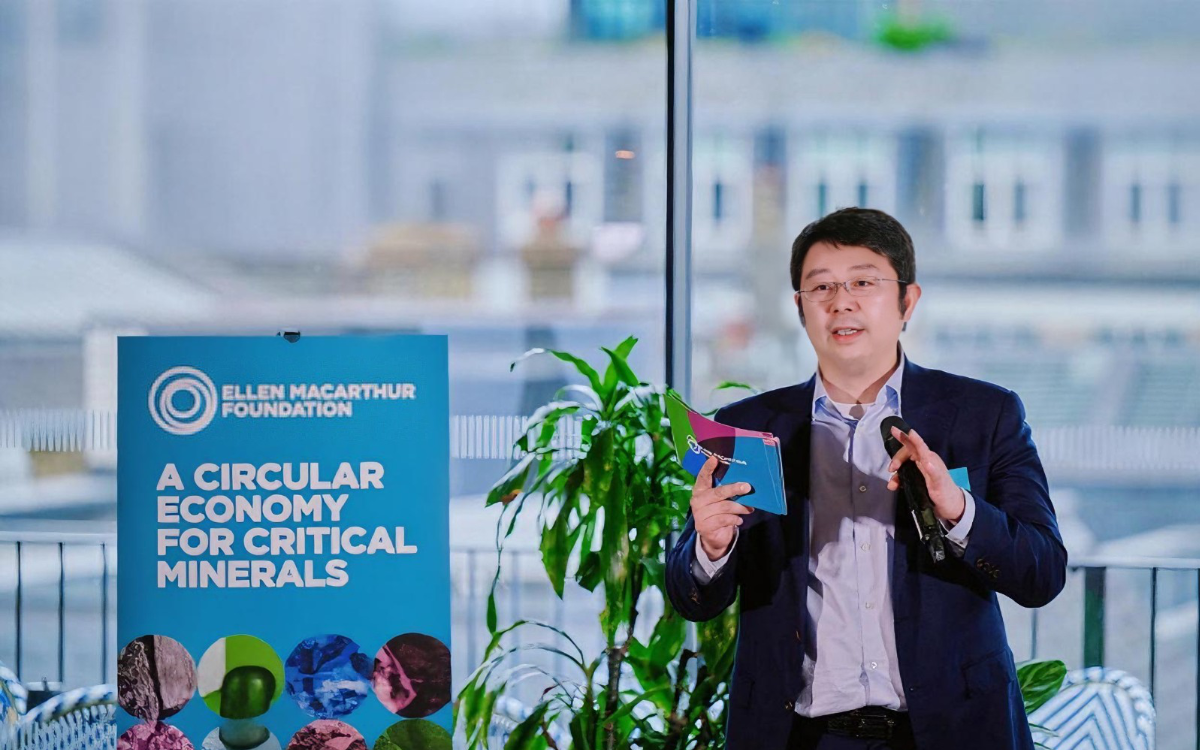China’s automotive battery manufacturers face “a saturated market” in the next couple years, according to the China Daily newspaper.
“The Chinese power battery sector entered overcapacity status in 2016, and will be more excessive in 2018 or 2019,” said Zhang Junyi, partner of Nio Capital, an investment firm with links to electric vehicle company NextEV.
“The battery makers decided to build more plants when they saw the e-car market leapfrog in 2015, and hoped to seize the opportunity,” he added.
China’s Vehicle Traction Battery Industrial Development Action Plan, launched in March, set out an industry-wide target of 100GWh annual battery production capacity by 2020. But industrial data shows the nation’s total production capacity exceeded 100GWh in 2016, and may exceed 170GWh by 2020 – with more than 124GWh coming from the country’s big five producers.
However, Ye Liang, a Shanghai-based principal of German consulting firm Roland Berger Consultants, noted that in reality the total capacity would be less than the stated figures. “The predicted 170GWh may finally turn into 120GWh in reality,” Liang explained.
One trigger for the boom could be the domestic regulation threshold of 8GWh annual capacity, set by the Ministry of Industry and Information Technology in November 2016. At the moment only car manufacturer BYD and lithium-ion technology giant Contemporary Amperex Technology (CATL) have registered sales of more than 6GWh.
BYD is expected to expand power battery production capacity to 26GWh by 2019. CATL, which currently has a production capacity of 7.5GWh, is adding another 10GWh plant and plans to boost its capacity to 50GWh to overtake BYD by 2020.
Beijing Pride Power System Technology, currently the third-largest player by volume, has announced an expansion to 10GWh.
Tianjin Lishen Battery is aiming for 20GWh by 2020 and Hefei Guoxuan High-Tech Power Energy now has 11GWh capacity, and a further 7GWh under construction.












